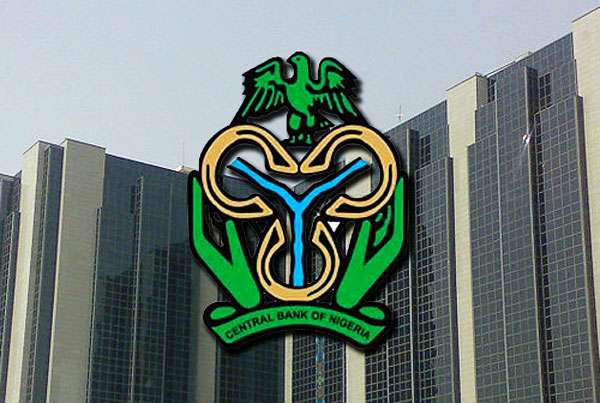The CBN in August had set new limits for banks and other financial institutions on the NPL to reflect in their books.
The apex bank’s regulation is contained in the Prudential Guidelines to Microfinance Banks, Deposit Money Banks, Mortgage Refinance Companies, Finance Companies, and Development Finance Companies,
The NPL limit banks are required to manage their credit risk effectively. To this end, all banks are to ensure that the level of the NPLs in relation to gross loans does not exceed five per cent,” the apex bank said.
Two of the nine banks, Ecobank and FBN Holdings, reported a reduction in their NPLs to 14.5 per cent, according to their half year ended June 30, 2019 results and accounts submitted to the NSE.
Group Managing Director of FBN Holdings, Urum Eke, had said on the NPL, “Despite the difficult operating environment, we remain resolute in delivering on our guidance across key metrics including our commitment towards a single digit NPL ratio by the end of the year, as evidenced by the reduction in the NPLs from the last quarter.
READ ALSO: Buhari to Pa Fasanmi at 94: You’ve truly upheld legacies of Chief Awolowo
“Essentially, Atlantic Energy – our largest NPL – was written off, translating into a decline in the NPL ratio from 25.9 per cent in December 2018 to 14.5 per cent as of June 2019, a step that brings us closer to our 2019 target and creates more headroom for quality asset growth.
This is paving the way for sustained improvement in asset quality and a further reduction in impairment charges that will allow us to take advantage of enhanced earnings opportunities when they arise.”
Sterling Bank Plc reported 8.7 per cent NPL as at H1 2019 while Union Bank Plc reported NPL ratio that dropped from 8.7 per cent in 2018 to 7.1 per cent in H1 2019.
The MD/CEO, UBN, Mr. Emeka Emuwa, said, “Our priorities in 2018 were three pronged – enhancing our productivity across board; tightening our loan portfolio (especially resolving key large exposures which drove the NPLs up significantly at the end of 2017); and optimising the bank’s capital and funding base.
“I am pleased to report that we made significant strides in each focus area. Notwithstanding a depressed economic environment and a challenging operating landscape, our efforts to optimise productivity delivered results.
READ ALSO: Alleged rape victim arrested for fraud – Imo police
“Through an aggressive focus on recoveries and recognising fully provisioned loans on our books, we successfully reduced the bank’s NPL ratio, which is now down to 8.1 per cent in 2018 from 20.8 per cent at the end of 2017, in line with guidance provided at the start of the year.
“In 2019, we will continue to maintain focus on recoveries while prudently rebuilding our loan book and maintaining a conservative risk profile.”
Further checks revealed that Fidelity Bank Plc’s NPL closed the period under review at 5.4 per cent while that of Zenith Bank Plc increased from 4.9 per cent in 2018 to 5.3 per cent in H1 2019.
Zenith Bank in a statement said, “Our robust risk management ensure that our absolute gross NPLs remained flat. However, the marginal movement in NPL ratio was as a result of the three per cent reduction in our loan books from N2.02tn as of December 2018 to N1.95tn at the end of the period.
“We are creatively deploying new retail loan products to ensure we capture a reasonable share of the retail loan market.


